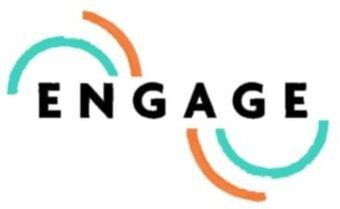Regular follow-up is required for many cancer survivors due to their lifelong risk of developing late-effects. Due to the toxic effect of cancer treatment on children’s developing organs, on average, each survivor will develop 17 chronic health conditions by age 50, with 5 graded as “severe” to “life threatening”. Common late effects include second cancers, cardiovascular disease, metabolic disease, and infertility. Given these serious risks, remaining engaged in lifelong care is essential to mitigate poor outcomes through prevention and early intervention. Currently, survivorship care is delivered at just eight Australian hospitals. As the most geographically-dispersed country in the developed world, this presents unacceptably limited access and choice for survivors, resulting in most survivors disengaging from care.
Engage
We are now offering ‘Engage’ - Survivors provide their health information from home via a secure web-portal, or telephone and a multidisciplinary team of specialists then deliberates each survivor’s case and develops a tailored care-plan, providing medical advice, screening schedules and specialist referral. Paper and electronic copies are provided to the survivor and their GP, and a clinical nurse consultant then provides a telephone consultation to explain recommendations and answer questions. We have completed development and pilot testing of Re-engage, with 100% of survivors (n=27) reporting that the intervention was beneficial to their healthcare.
For more information about the Engage study, visit: https://www.behaviouralsciencesunit.org/engage.html

 RSS Feed
RSS Feed